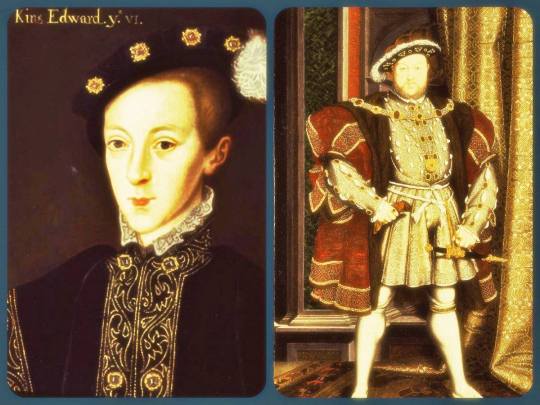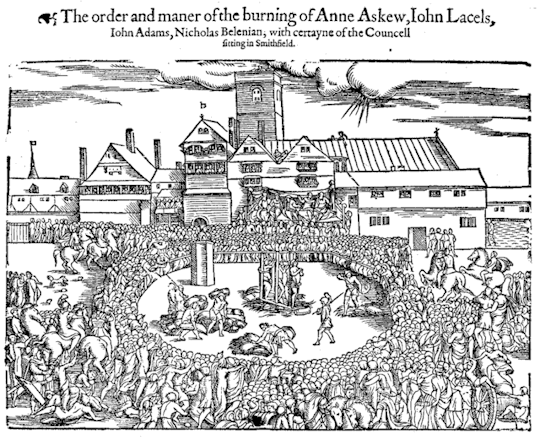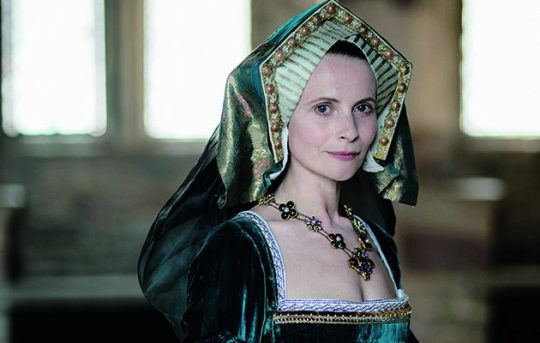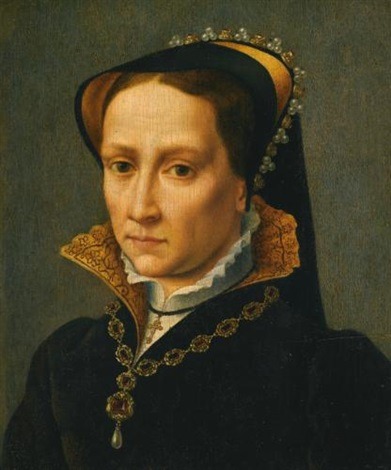#the other siblings kind of divided up their inheritance among themselves after the fact to cut him in with an equal share
Text
I give my dad's brother a pass on never contacting us, as he is more broadly shunning all of my dad's side of the family. He was adopted and was treated like shit by my grandmother, because she a) didn't want to adopt and resented her adopted children, and b) was a fucking racist to her black adopted children, so he doesn't consider us to be his family. Particularly now that he is in contact with his biological mother and half-siblings.
He's also chronically depressed to a very disabling degree and lives in another country, so like... there are barriers to communication there that are different to the rest of the family not talking to us because they think we're embarrassing and messy.
#I met him one time exactly#when I was about ten#at my grandfather's house#he was writing in a journal at the time and I was writing a (very bad) poem in a day-a-page diary I had gotten discounted#because it was for the previous year#and people remarked on the family resemblence in terms of habit#which neither of us (trying to write in our books and not join in the conversation) were especially receptive to#I think about him a lot now#my grandfather didn't leave him anything in his will#which apparently you can legally do here to your adopted children??#even though you cannot legally disinherit your biological children if your name is on their birth certificate#the other siblings kind of divided up their inheritance among themselves after the fact to cut him in with an equal share#but like... really really bad that they had to do that#and honestly I would have expected better of my grandfather#who was the one who wanted to adopt in the first place#because he grew up in an institution from around 7 to 15#(his mother was too mentally ill to look after him and his siblings at the time so his father surrendered them to different working schools#who then refused to give them back when she was well again because their funding was based on how many kids were there)#and he fostered a lot of kids as an adult because he felt strongly about children living in orphanages and other institutions#but like... apparently didn't feel strongly enough about it that his son's inclusion in his will wasn't conditional!#my dad's adopted sister was much closer to my grandfather and saw him several times a week#(she is grateful her mother died in her early sixties because she feels this allowed her to develop a close relationship with her father)#so she was in the will#but it must have felt pretty chilling to know that she might not have been if she hadn't been a Good Enough Daughter
7 notes
·
View notes
Photo

First Protestant King of England, Henry VIII or Edward VI? (And why Edward VI's reign was no less important than his father's)
It is important to dispell myths about the most popular English dynasty, so I decided to briefly take on this topic. A common misconception until recent decades is that Henry VIII was the first Protestant King. In reality, it was his son who was the first true Protestant King of England. I’ve written about this before on my blog, building upon the research by great scholars like Chris Skidmore, Loach, and the short introduction to his reign by Kyra Cornelius Kramer.
Besides taking after his father in intellect, Edward VI was fairly concerned with the state of the church of England but unlike his old man, he thought that the time had come to make it into the first true Protestant church of England, agreeing to the issuing of the book of common prayer and a revision of it two years later.
Edward VI also frowned upon improper clothing. He loved to dance and watch sports, but didn’t think t0 was a good idea to indulge in these frivolities since the Evangelicals believed that this was a gateway to moral decay. (Don’t you just love those who interpret the will of god so good, that they conveniently forget about the passages where their savior rails against the rich and so on?)
Edward’s actions had consequences and these, like the contributions of his reign, are often brushed aside in favor of his more famous father and sisters. One of them, was a rebellion in the North and his half-sister’s resistance to his new laws that forbade people to hear the Mass and forced the new English service on everyone. Long story short … lots of people hung, punished and lots of enemies that his councilors (who as always since people couldn’t point fingers at the king unless they had a sick death wish of some sort) were blamed and were punished for during his half-sister’s reign.
Some of you might be pointing out that since Henry VIII was excommunicated and labeled a heretic by most of Christendom, that technically he was a Protestant king but no, seriously, he wasn’t. Henry was, despite these labels, still a practicing Catholic. He agreed to Gardiner’s articles of faith that criticized the church and validated his claim as supreme head of the Anglican Church, and God’s representative on Earth, and surrounded himself by obvious Reformists, but other than that, he forcefully kept everyone in line. Catholics who practiced the Mass or adhered to his new rules while still being loyal to their beliefs were tolerated, but if they pulled a ‘Thomas More’ where they denied the king’s supremacy or insulted one of his beloved wives (before he got tired of them, that is) then yes, off to the block with them!

As for Protestants … Ever heard of Anne Askew? She defended Henry’s actions, she thought he was some kind of Moses as his last wife -Kathryn Parr whom she was closely associated with- would paint him as in her two books (primarily in ‘Lamentations of a Sinner’) and then she defied her husband and Henry’s establishment, pushing for a more Evangelist agenda, and what happened? Oh nothing big … she just got tortured and then burned.
As long as you played Henry’s sycophant you were fine. There is also a spiritual aspect that ties into his megalomania. As Henry became more obsessed with securing his dynasty, his focus on spiritual matters also grew. By the end of his reign, nobody could predict what the king would say or how he would act so everyone walked a fine line when they discussed important subjects. Kathryn Parr is one of them who learned this lesson early on during their marriage. If it weren’t for gentleness, and the friendship she established among prominent ladies in her household, her accusers would’ve succeeded in convincing Henry VIII that she was a heretic. She would’ve had a sham trial like Anne Boleyn and then beheaded or worse, burned like Anne Aske. Luckily for Kathryn Parr, she was one step ahead of them. Humbling herself before her lord and husband, she told him that she never intended to change his religious views but just challenged him as people did at the beginning of his reign, so he could stir her towards the right path since she was a woman and these things were too complicated for her to fathom, let alone choose on her own.
She lived and continued to be a major influence on future Protestant leaders, such as Jane Grey, Elizabeth I and of course, Edward VI.

Edward VI was greatly influenced by his beloved stepmother’s religiosity and mourned her deeply. He referred to her as his mother. Kathryn encouraged his passion for books and aided his Protestant tutors in stirring him towards their faith, ensuring that he’d become the king they’d all be waiting for, that would transform England into a fully Protestant nation.
It was Edward who began to force religious codes on his people in a way that hadn’t been done before. His father cracked on religious houses on the basis of cleansing them from corruption and because of their disloyalty, and open defiance against his supremacy; but Edward made things worse. The monasteries that were sold to his father’s noblemen left many people begging on the streets while forcing others to adapt to their new environment. When people could no longer handle it, they rose up in open rebellion and like in his father’s time, these were brutally squashed.
But here is where it gets interesting … Whereas Henry VIII is blamed for all the evils of his reign, Edward VI is not and the reason for this? He was a kid, don’t be so mean. Leave the poor tot alone.
Fact: Edward VI died at the age of fifteen and by renaissance standards, he was not a little boy anymore. Even if he hadn’t come of age, he was not an innocent boy anymore who was oblivious to the world around him. In fact.
When Edward VI found out that his uncle had been executed, he was like ‘meh … okay’. And sure, Thomas Seymour was a brash individual who thought he could get away with everything but even after he tried to kidnap his nephew, to act in such a manner and for an uncle who was married to your favorite stepmother and someone you claimed to be your favorite relative, that’s pretty cold. But it gets better. After Edward VI finally got rid of his tedious uncle and his irritating set of rules, Edward wrote in his diary (showing no emotion at all) that the former lord Protector died and that was that.
Getting rid of Edward Seymour probably made the little critter sigh in relief because out of all his uncles, the Lord Protector was the one who always reminded him of his duties and responsibilities, not to mention all those rules and not letting him be king! How unfair!
And then there was also that issue about the rebellions. Edward VI saw these people as traitors and agreed with Northumberland that they should be dealt with immediately but his uncle didn’t think that was wise, which was why people called him the ‘good Duke’ because they saw him as a friend of the people. Now that he was out of the way, his kingdom would not have to suffer any more dissenting voices, nor any threats of isolation or future skirmishes with Scotland.
Edward VI was fully committed to the Protestant cause but convinced by Northumberland, he realized that he would not go far if he did not have any allies. And the whole campaign in Scotland had gone awfully wrong and with Mary, Queen of Scots in France, the only way to neutralize that threat was making an alliance with that country, betrothing him to Henri II and Catherine de Medici’s daughter, Elizabeth Valois.
Sadly, Edward VI did not live to marry her or do more for the Evangelicals. He died and before he did, he wrote a paper called “my device for the succession” which became the basis to disinherit his sisters in favor of their cousin, Jane Grey. That opened a can of worms that could have easily escalated into another civil war like the wars of the roses but thankfully for everyone involved it didn’t and his sister won her crown fair and square.
But as with every Tudor, once her sister became Queen, she began to make good use of the propaganda machine to portray her sibling as a puppet of Northumberland and other evil lords who had corrupted him and turned him against her. Why was this done? Same reason why people who rebelled against their kings often pointed their fingers at their councilors -because doing so against an anointed king meant that they were upsetting the natural order. It was only in extreme cases, when someone had enough support and belonged to a different dynasty, that they would point it directly at them. Edward belonged to the same dynasty as Mary, and a dynasty divided was bad business for everyone, especially for the first Queen Regnant of England who had inherited a divided country.

Mary I also did something else and that was appropriating some of Edward VI’s religious achievements in an effort to make Catholicism appealing to those who were still unsure whether or not they wanted to return to the church or side with the various groups within the Protestant movement. Sections from the book of the common prayer were added to a new set of prayers in Latin and English, and adapted in a way that didn’t contradict church doctrine.
During his reign, Edward encouraged many poets and artists to express themselves. These would reenact passages from the bible, or create allegorical paintings that depicted Edward as England’s messiah, and all those who followed him as true Christians as opposed to the decadent Catholics who were portrayed as heathens.

Edward’s religious reformation became the basis for Elizabeth I’s reign who continued with many of these reforms. Although she did not go as far as Edward or his chosen heiress, Jane Grey, would have liked. Elizabeth I was far more pragmatic, recognizing that if she wanted to rule over a divided country she had to maintain some of the older traditions or else, she’d risk losing everything she had. Unlike her siblings, Elizabeth I wasn’t thought of as legitimate by many of her Christian peers. Ideological purity was a luxury that she couldn’t afford and in any case, she did not want because many Evangelicals didn’t like the idea of the supremacy of kings (or queens). Nevertheless, Elizabeth I built her religious establishment upon her brother’s by issuing a new revision of the book of common prayer and encouraging artists and poets to create works that extolled the Anglican Church and the Tudor Dynasty.
43 notes
·
View notes